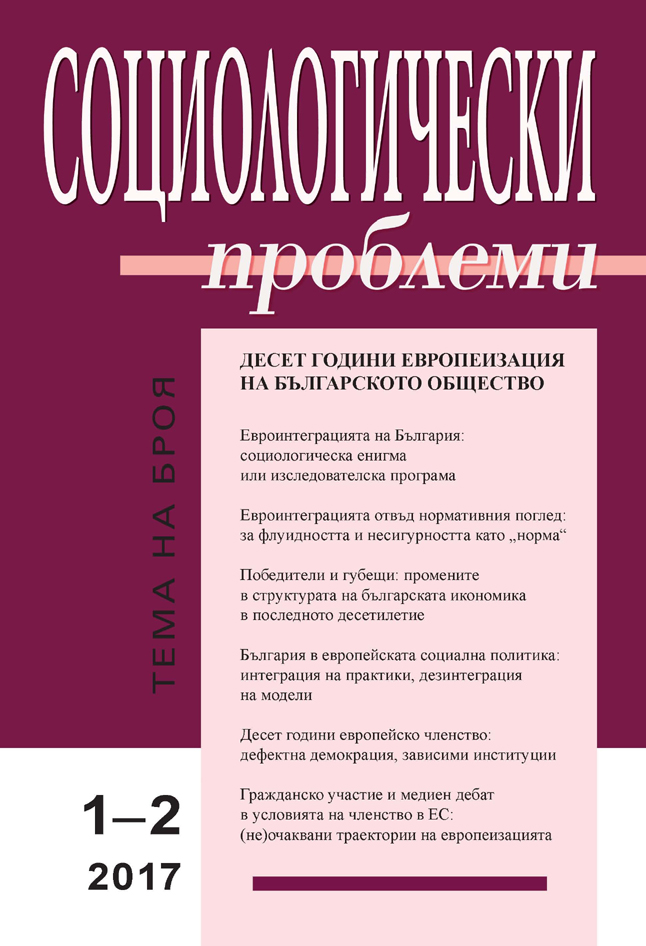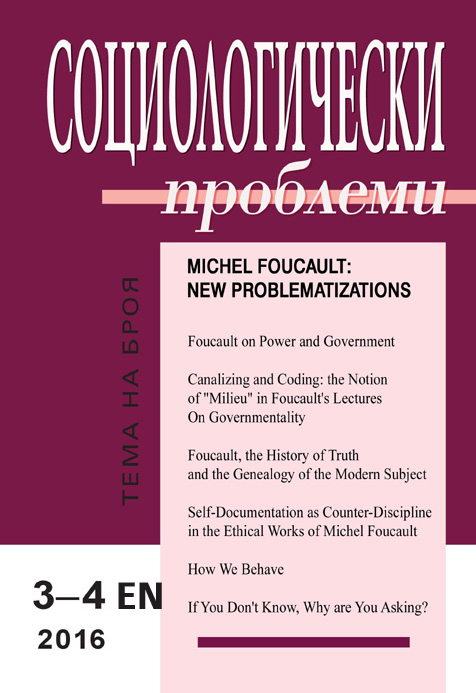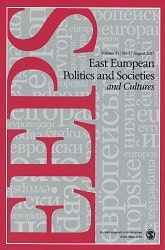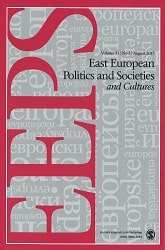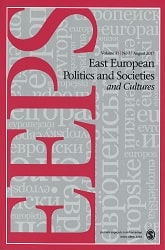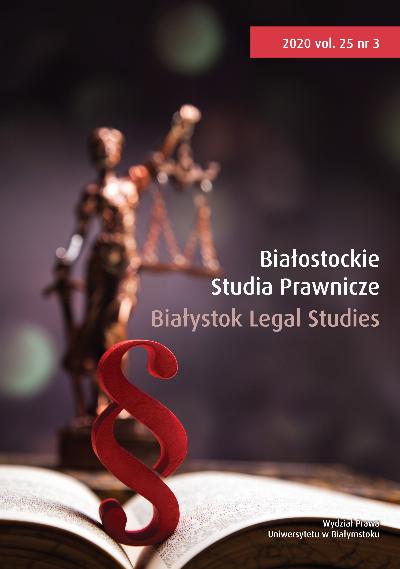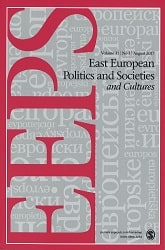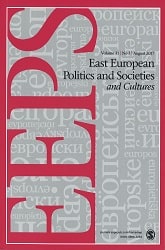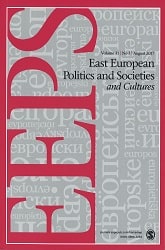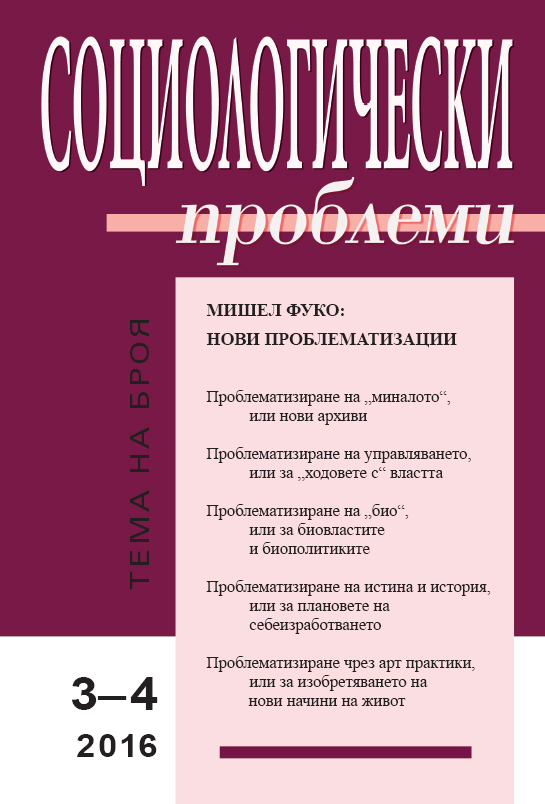
Изкушен? Относно обвързването на Фуко с неолиберализма. Коментар върху неотдавнашната „теза за съблазняването“
The essay questions the recent wave of authors claiming that Foucault became ‘seduced’ by neoliberal thought and ended up endorsing it. It does so by a thorough examination of two books that makes the claim, but with radically different explanations for the fact that Foucault engaged himself with neoliberalism. By analyzing the textual ‘evidence’ of the proponents of the ‘seduction theses’ the essay shows that its premises are rather flawed. Firstly, the lack of normative denunciations in Foucault’s writing on neoliberalism cannot be taken as an endorsement, but as integral to a specific way of conducting ‘non-normative critique (Hansen 2016). Secondly, Foucault’s supposedly anti-statist position is questionable when one reads his lectures carefully. In fact, Foucault’s explicitly distanced himself an “inflationary” critique of the state, identifiable on the extreme left as well as in neoliberal thought.
More...
